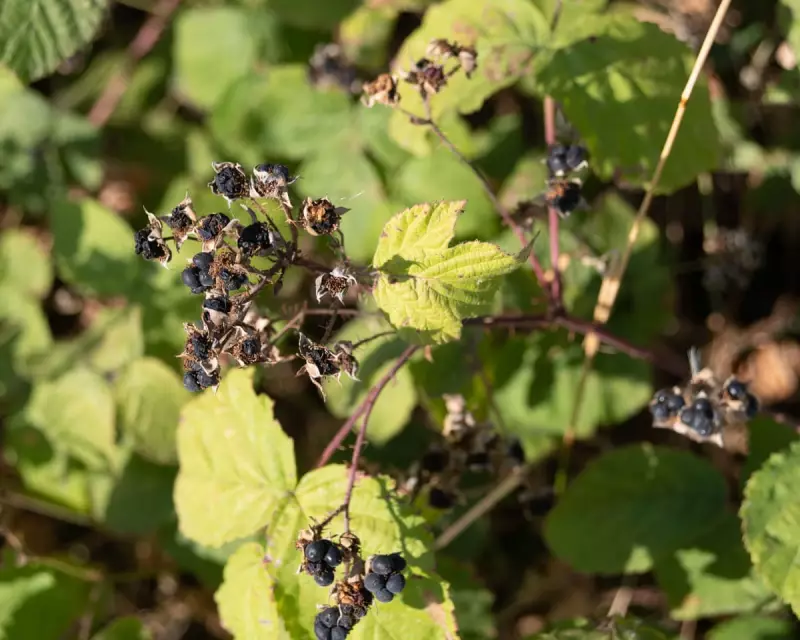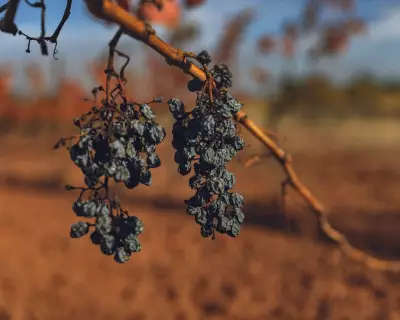
Berries across the UK are ripening weeks earlier than usual, a phenomenon scientists are linking to the escalating impacts of climate change. Experts warn that this shift is a stark indicator of nature under increasing stress, with potentially far-reaching consequences for ecosystems and food production.
Climate Change Accelerates Berry Ripening
Traditionally, berries such as blackberries and raspberries reach peak ripeness in late summer. However, recent observations show they are now ready for picking as early as mid-July. Researchers attribute this shift to warmer temperatures and altered weather patterns, which disrupt natural growing cycles.
Implications for Wildlife and Agriculture
The early ripening of berries poses challenges for both wildlife and farmers. Birds and insects that rely on these fruits as a food source may find their feeding patterns disrupted. Meanwhile, growers face logistical hurdles in harvesting and distributing produce ahead of schedule.
Expert Insights
Dr. Emily Carter, an ecologist at the University of Bristol, explains: "Plants are highly sensitive to temperature changes. When berries ripen prematurely, it disrupts the synchrony between flora and fauna, potentially leading to ecological imbalances."
Long-Term Environmental Concerns
Beyond immediate effects, scientists caution that early ripening is just one visible symptom of broader environmental stress. Prolonged heatwaves, unpredictable rainfall, and soil degradation further threaten biodiversity and agricultural stability.
As the UK grapples with these changes, experts urge policymakers to prioritise sustainable land management and climate adaptation strategies to safeguard food security and natural habitats.





